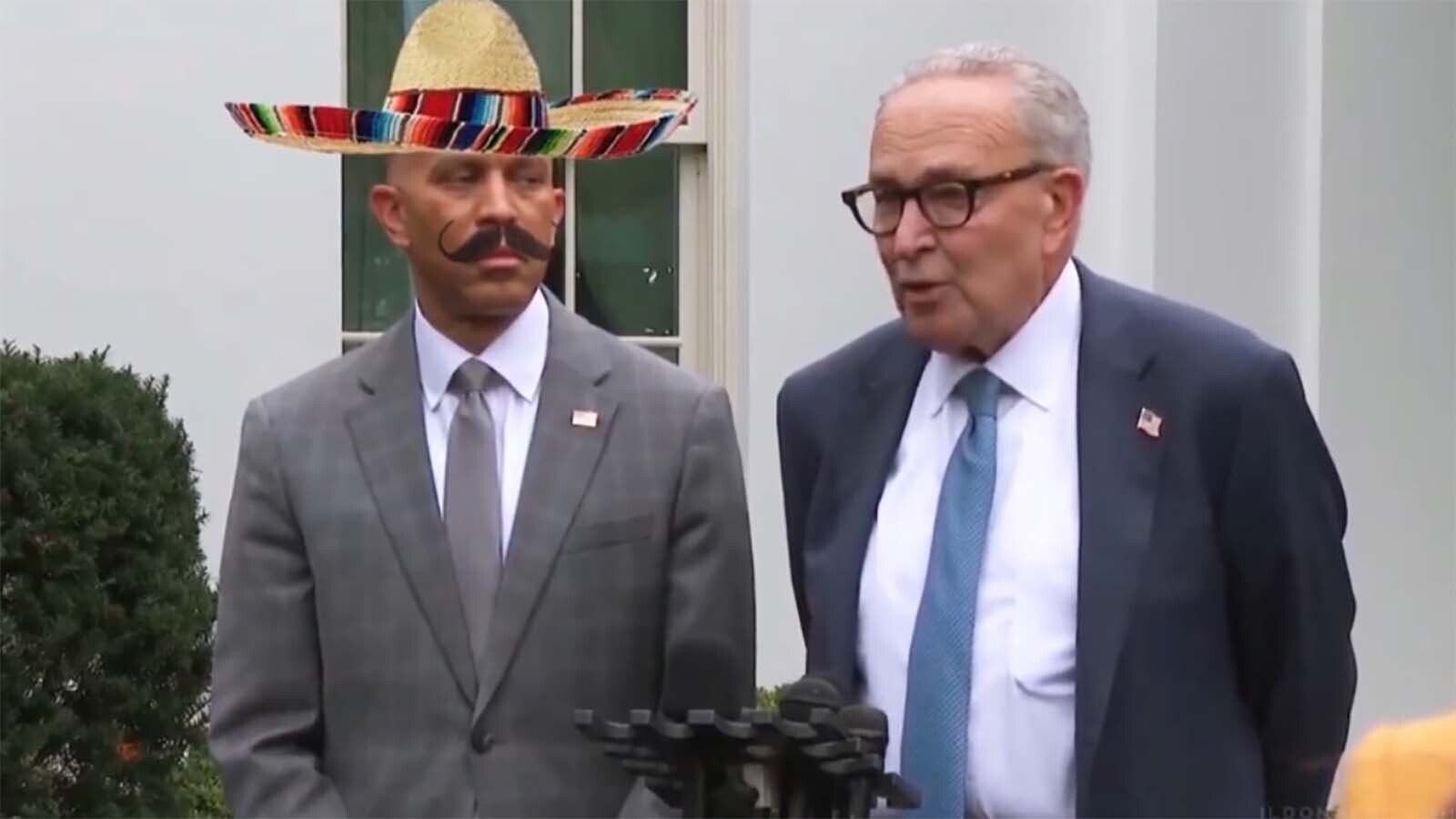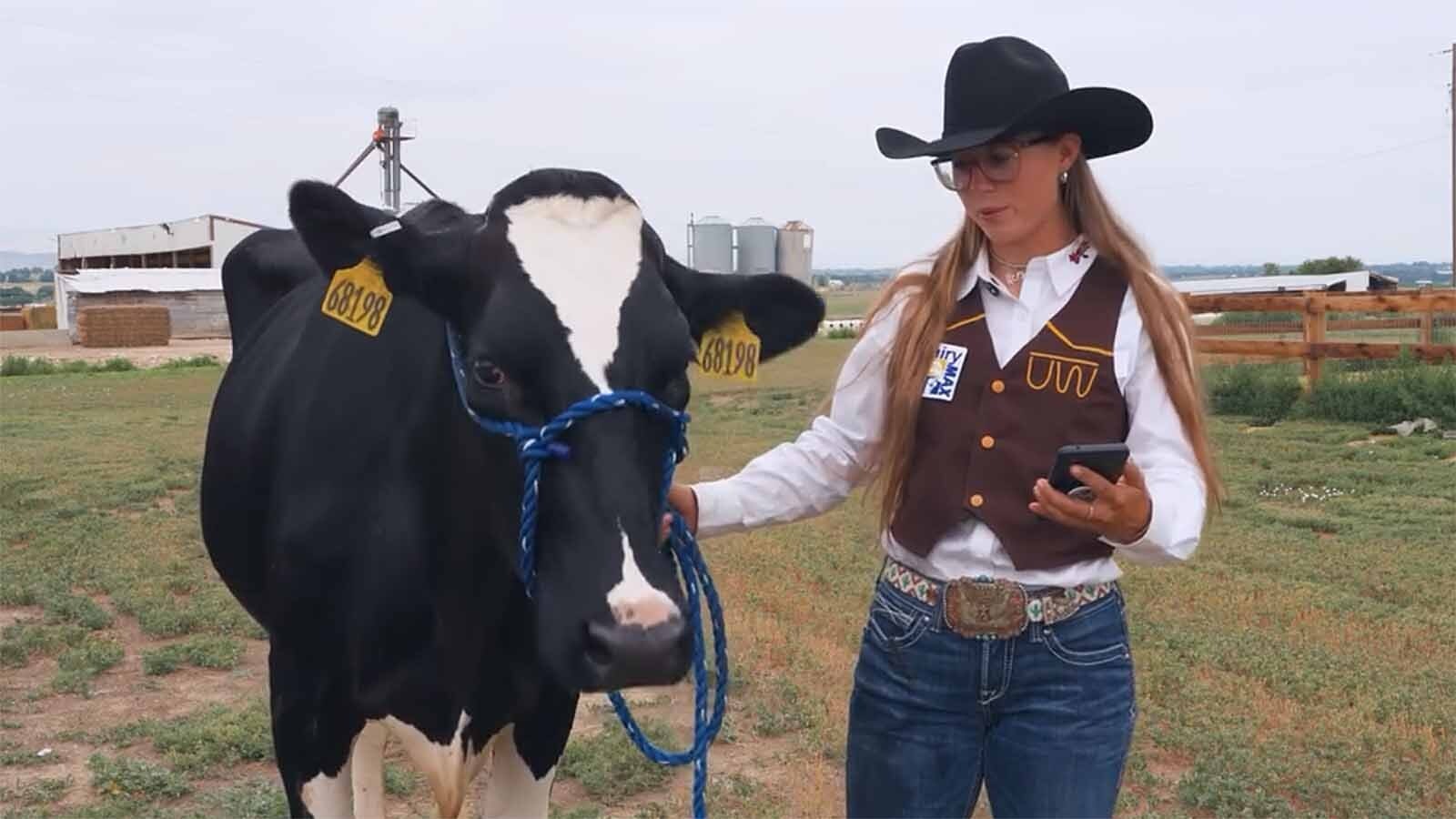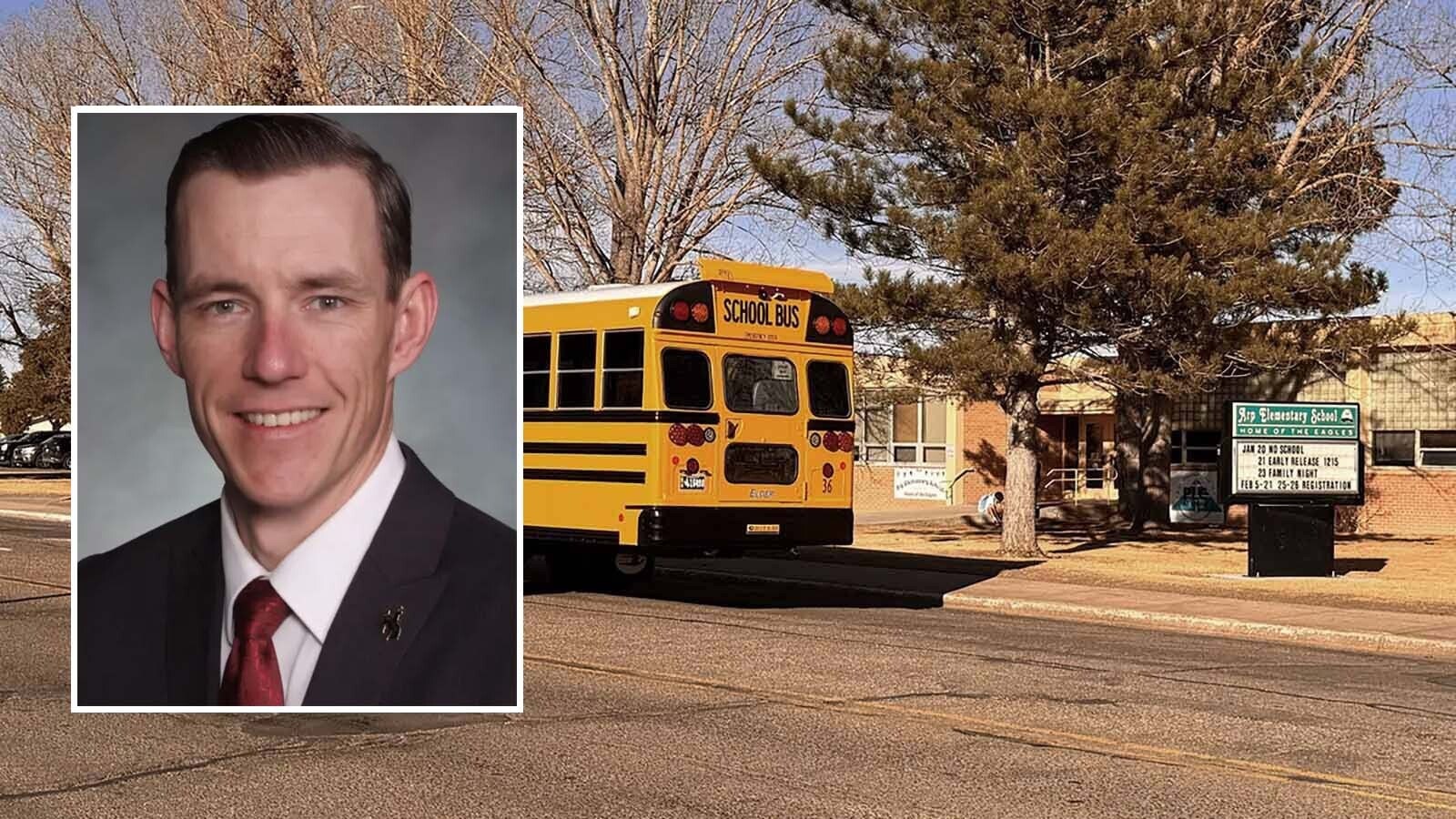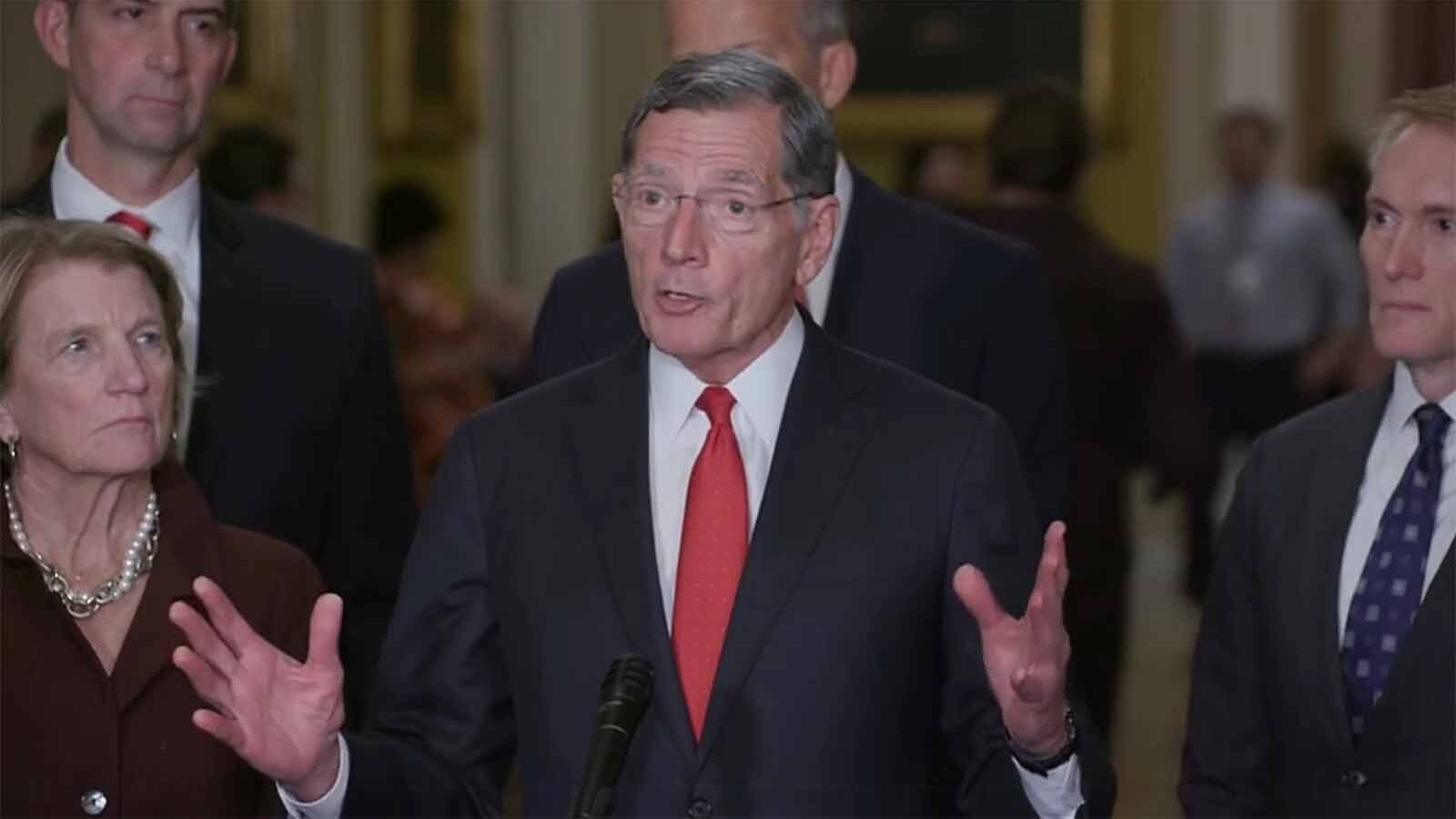Former Wyoming Congresswoman Liz Cheney would likely have to testify before a new U.S. House subcommittee that’s investigating the events that took place before and after Jan. 6, 2021, if she gets subpoenaed, which a subcommittee member has already said is likely to happen.
Despite Cheney receiving a pardon from former President Joe Biden during his final hours in office, presidential pardons come with the caveat that they remove Fifth Amendment privileges for the recipient. The Fifth Amendment grants the constitutional right to not answer questions in a court of law.
Many Republicans have criticized the work of the United States House Select Committee on the January 6 Attack, which Cheney was vice chair of, as a partisan attack. Cheney has been one of the most outspoken Republican critics of President Donald Trump since he mounted efforts to overturn the results of the 2020 presidential election.
New Investigation And Cheney
House Speaker Mike Johnson, R-Louisiana, announced the creation of the new select subcommittee to investigate events before and after Jan. 6, 2021, last week.
“House Republicans are proud of our work so far in exposing the false narratives peddled by the politically motivated January 6 Select Committee during the 117th Congress, but there is still more work to be done,” he said in a statement.
Rep. William Timmons, R-South Carolina, said on X (formerly Twitter) last week that pardoned Jan. 6 committee members should expect a subpoena soon.
"Buckle up, because we're going to get to the bottom of the nonsense select committee for January 6th," Timmons said. "There's a reason that everybody on that committee was pardoned. It's because they were not telling the truth.
"They embellish, they lie, and we're going to show them exactly what happened."
Rep. Barry Loudermilk, R-Georgia, will chair the new subcommittee, which will fall under the jurisdiction of the House Judiciary Committee, of which Rep. Harriet Hageman is a member. Cheney lost her 2022 reelection bid to Hageman by a landslide margin.
It was Loudermilk who helped issue an interim report calling for the Justice Department to investigate Cheney’s communications with Cassidy Hutchinson, a former aide to then-President Donald Trump, over alleged witness tampering.
“Liz Cheney could be in a lot of trouble based on the evidence obtained by the subcommittee, which states that ‘numerous federal laws were likely broken by Liz Cheney, and these violations should be investigated by the FBI,’” Trump posted on social media at the time.
Even before Biden issued his pardon, President Donald Trump said he wouldn’t direct any of his staff to seek criminal prosecution against her.
Cheney has consistently defended her work on the Jan. 6 committee and never publicly requested a pardon from Biden or said she wouldn’t testify on the topic in the future.
“Chairman Loudermilk’s ‘Interim Report’ intentionally disregards the truth and the Select Committee’s tremendous weight of evidence and instead fabricates lies and defamatory allegations in an attempt to cover up what Donald Trump did,” Cheney said after it was released.
“No reputable lawyer, legislator or judge would take this seriously,” she added.
Loudermilk’s Democratic colleagues have similarly accused him and other House Republicans of attempting to whitewash Jan. 6.
In a statement last week, Loudermilk said, “What happened at the Capitol that day was the result of a series of intelligence, security, and leadership failures at multiple levels within numerous entities.”
In his first day in office, Trump pardoned or commuted sentences for all of the people convicted in the Jan. 6 Capitol Riot.
How It Works
The Fifth Amendment to the Constitution guarantees that no person “shall be compelled in any criminal case to be a witness against himself, nor be deprived of life, liberty, or property, without due process of law.” This constitutional protection can be used in a variety of circumstances when an individual is under investigation by authorities or asked to testify.
According to the Constitution Annotated from the Library of Congress, the Supreme Court confirmed in several decisions from 1955 that witnesses in congressional investigations can invoke the protections of the Self-Incrimination Clause
It is widely believed by numerous legal scholars that a conflict exists between the Fifth Amendment’s Self-Incrimination Clause and the president’s pardon powers.
This precedent dates back to the 1896 Supreme Court decision Brown v. Walker. According to the National Constitution Center, Justice Henry Billings Brown found that if a “witness has already received a pardon, he cannot longer set up his [Fifth Amendment] privilege, since he stands, with respect to such offense, as if it had never been committed.”
President Woodrow Wilson granted a full pardon to George Burdick, a newspaper editor, even though Burdick was not charged with a crime. The Constitution Center reported that Wilson’s pardon may have been made in an effort to compel Burdick to testify since Burdick could not “take the Fifth” if he received a pardon under the Brown precedent. Instead, Burdick refused to accept Wilson’s pardon, and then he was held in contempt when questioned again by Congress and cited the Fifth Amendment.
But a person can still plead the Fifth Amendment if he or she could face criminal prosecution under a state level charge that a federal pardon does not cover.
Leo Wolfson can be reached at leo@cowboystatedaily.com.





